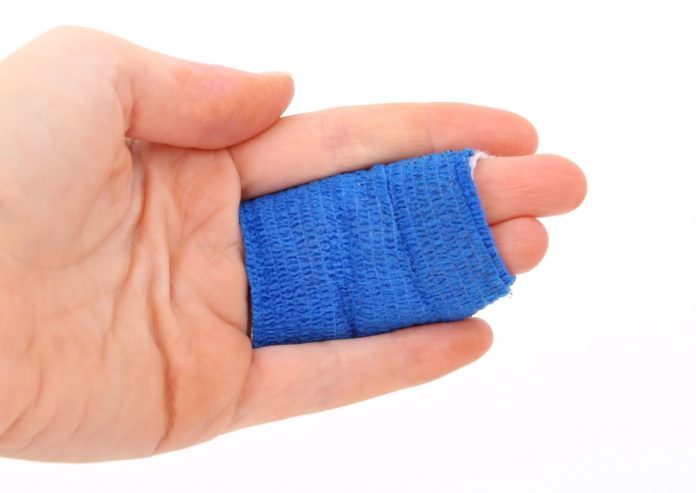Criminal injury compensation claims – or CICA claims – can help victims of violent crimes in the U.K. receive compensation for their injuries. This form of compensation is funded through a Government scheme that works with the Ministry of Justice to empower victims to receive fair compensation for any physical harm, personal injury or lost earnings as a result of the criminal injury. There is a strict eligibility framework in place for this type of compensation, so it is important to know if you are eligible.
In this article, we are going to discuss what CICA claims are, how much you might expect to receive from a CICA claim and eligibility considerations.
Table of Contents
What is a CICA claim?
The Criminal Injury Compensation Authority (CICA) was established in 1964 as a way for victims of violent and sexual crimes to receive compensation following their traumatic experiences. They are currently based in Scotland, although claims come in from across the UK (except Northern Ireland).
The CICA scheme is an incredibly useful channel, but it does require a solid understanding of the various rules and regulations that they use. It is lauded as a safe environment for people to receive fair compensation that recognises their trauma in a way that the criminal justice system cannot.
How much can I receive from a CICA claim?
CICA compensation varies depending on the individual case and circumstances, with compensation ranging from £1,000 to £500,000. The compensation that an individual receives will be considered based on the severity of the incident in question and the victim’s injuries.
What information is required to make a CICA claim?
In order to complete your application for a CICA claim, you will have to provide some specific information that you may need to track down. Some of the information required includes:
• The time, date and location of the incident
• Court hearing dates, notes and minutes
• Specific details of reporting officers, crime reference numbers and the offender’s details
• Outline of previous criminal convictions for the victim (this may affect the CICA claim)
• Outline details of the victim’s injuries, trauma and treatment they are receiving
If you are unsure about how to obtain this information, it is a good idea to speak with a criminal compensation claims expert. They will be able to guide you through the process to successfully make a CICA claim.
Who is eligible to make a CICA claim?
There are certain standards that need to be met before an individual can make a successful criminal injury compensation claim. There are eligibility rules and criteria that must be adhered to and met. The victim must have experienced trauma in the form of mental or physical injuries, for example. There are other scenarios where a CICA compensation claim may be considered, such as the following incidents:
• Loss of earnings as a result of injuries
• Physical or sexual abuse
• A fatality that was the result of a violent crime
In the event of a fatality from a violent crime, individuals claiming CICA compensation may be eligible for payments that cover bereavements, loss of parental services, financial dependency and funeral payments.
Other eligibility criteria for a successful CICA claim include that the individual claiming is a direct victim of the crime. It must also be a crime that has taken place in Great Britain – so compensation can only be granted if the incident occurred in Scotland, England or Wales.
Another stipulation of CICA claims is that they must be paired with a police report. Claims cannot be processed if there was never a police incident report. In many instances, you can make a claim up to 2 years after first speaking with police regarding the incident.














